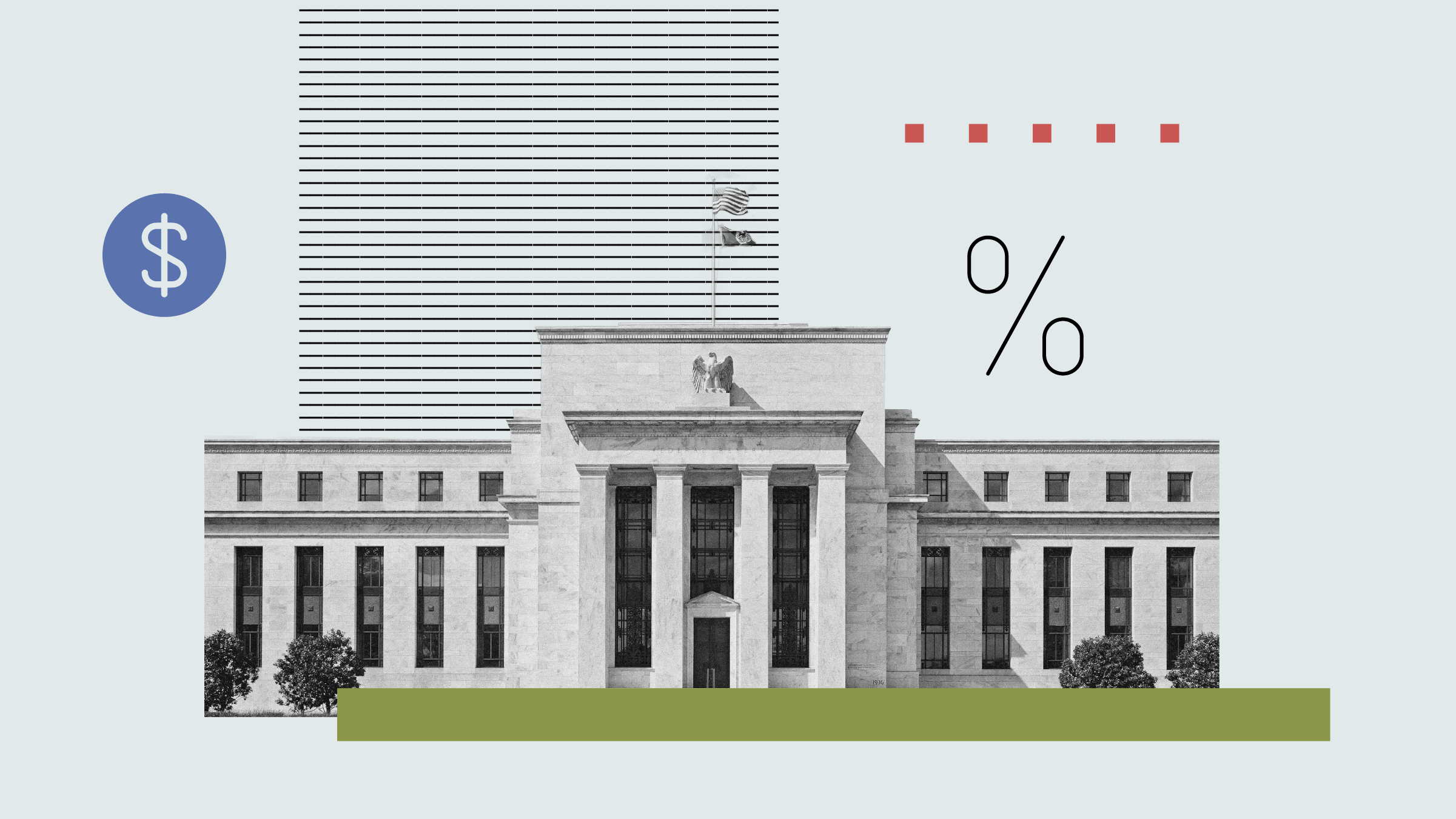This article is part of Morningstar's "Perspectives" series, which is a series of articles written by third-party contributors.
As we cross the mid-way point of the year, you might say the equity and fixed income markets have been a lot like the recent weather in much of the world: uncertain, and tending toward extremes. The perception of a stormy economic climate has driven some equity valuations to extremely low levels, particularly in Europe, and investors have been pouring into fixed income despite extremely low yields.
For a temperature check of Europe and emerging markets, we turned to Dr. Mark Mobius, executive chairman of Templeton Emerging Markets Group, for his long-term perspective on where shifts in the changeable economic climate could occur.
Dr. Mark Mobius: An Overview
- There’s no question the status of economies in Europe is weighing on the entire financial system, but my view is that the situation should get better with time.
- Looking at companies around the world generally, we are finding valuations looking rather cheap right now.
- Despite the possibility of somewhat slower growth in the Chinese economy this year, there are a lot of companies with what we believe are good valuations and good earnings growth potential in China.
- In my opinion if Greece can privatise state-owned enterprises, collect unpaid taxes and reduce the size of the government, it should have no need to raise taxes.
Dr. Mark Mobius: The Finer Details
As Mobius sees it, emerging markets are generally in a good fiscal position right now compared with some of the more debt-laden developed markets, and going forward, he believes economic growth rates in emerging markets should outperform developed markets.
“There’s no question that the status of economies in Europe is weighing on the entire financial system. Emerging markets have been reducing their exports to the US and to the EU, although economic problems in the US and EU going forward could still bear significant impact. Eastern Europe of course has been affected by what’s happening in the rest of Europe. We are finding a lot of the opportunities there from companies where valuations have dramatically wiped out, many unfairly, and provide opportunities for long-term holdings.
"My view of the European situation is quite different from a number of economists. My view is that the situation should get better with time and as the Europeans solve their fiscal problems. A case in point, of course, is Greece. Greece was originally part of the emerging markets realm until it joined the European Union, so we therefore have had some past experience investing in Greece. The challenge for the government now is to make some giant steps toward reform. This means privatisation of state-owned enterprises that have been a drag on productivity and government finances, collection of taxes that are owed but not paid, and reducing the size of the government. If those three measures are taken, in my opinion there should be no need to actually raise taxes. Moreover, entrepreneurship should be encouraged. Greece has very strong tourism and shipping industries which I think can be the launching pad for growth in the future.
"Looking at companies around the world generally, we are finding that valuations look rather cheap right now. The price-earnings ratios of emerging markets averaged about 9.6 (based on the MSCI Emerging Markets Index 12-month forward P/E), compared to a world index of 11.4 (based on the MSCI World Index 12-month forward P/E) and the US average of 11.9 (based on the MSCI US Index 12-month forward P/E), as of July. The dividend yield average for emerging markets was 3.0%, while the world average was 2.9% and the US was 2.2%, as of July, based on the MSCI EM Index, World Index and US Index. So, as value investors, our team has been finding lots of opportunities in these markets that we think should bode well longer term.
Despite the possibility of somewhat slower growth in China’s economy this year, there are a lot of companies in China with what we believe are good valuations and good earnings growth potential. Southeast Asian countries are also doing very well in our view, particularly Thailand, because the economy has been growing at a good pace and it is benefiting from China’s expansion.”
Some other markets on Mobius’ radar screen include places less adventurous investors may not even be considering right now.
“We believe taking a bottom-up, company-oriented approach is best because we can find opportunities in places other people are ignoring. We are excited about frontier markets, particularly Africa, because African countries have been growing at a fast pace. Of the 10 fastest growing economies in the world in the last 10 years to 2010, six of those were African, according to data from the International Monetary Fund. And in a country like Pakistan, which many people consider to be a very risky place, we are still finding opportunities simply because it’s so unpopular.”
Morningstar Disclaimer
The views contained herein are those of the author(s) and not necessarily those of Morningstar. If you are interested in Morningstar featuring your content on our website, please email submissions to UKEditorial@morningstar.com.
Franklin Templeton Investments Disclaimer
All investments involve risks, including potential loss of principal. Stock prices fluctuate, sometimes rapidly and dramatically, due to factors affecting individual companies, particular industries or sectors, or general market conditions. Bond prices generally move in the opposite direction of interest rates. Thus, as the prices of bonds in an investment portfolio adjust to a rise in interest rates, the value of the portfolio may decline. Special risks are associated with foreign investing, including currency fluctuations, economic instability, and political developments. Investments in developing markets involve heightened risks related to the same factors, in addition to those associated with their relatively small size and lesser liquidity. Current political uncertainty surrounding the European Union (EU) and its membership may increase market volatility. The financial instability of some countries in the EU, including Greece, Italy and Spain, together with the risk of that impacting other more stable countries may increase the economic risk of investing in companies in Europe.
The original version of this article can be found here.





























